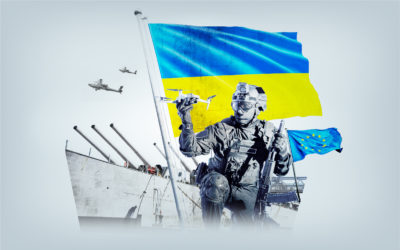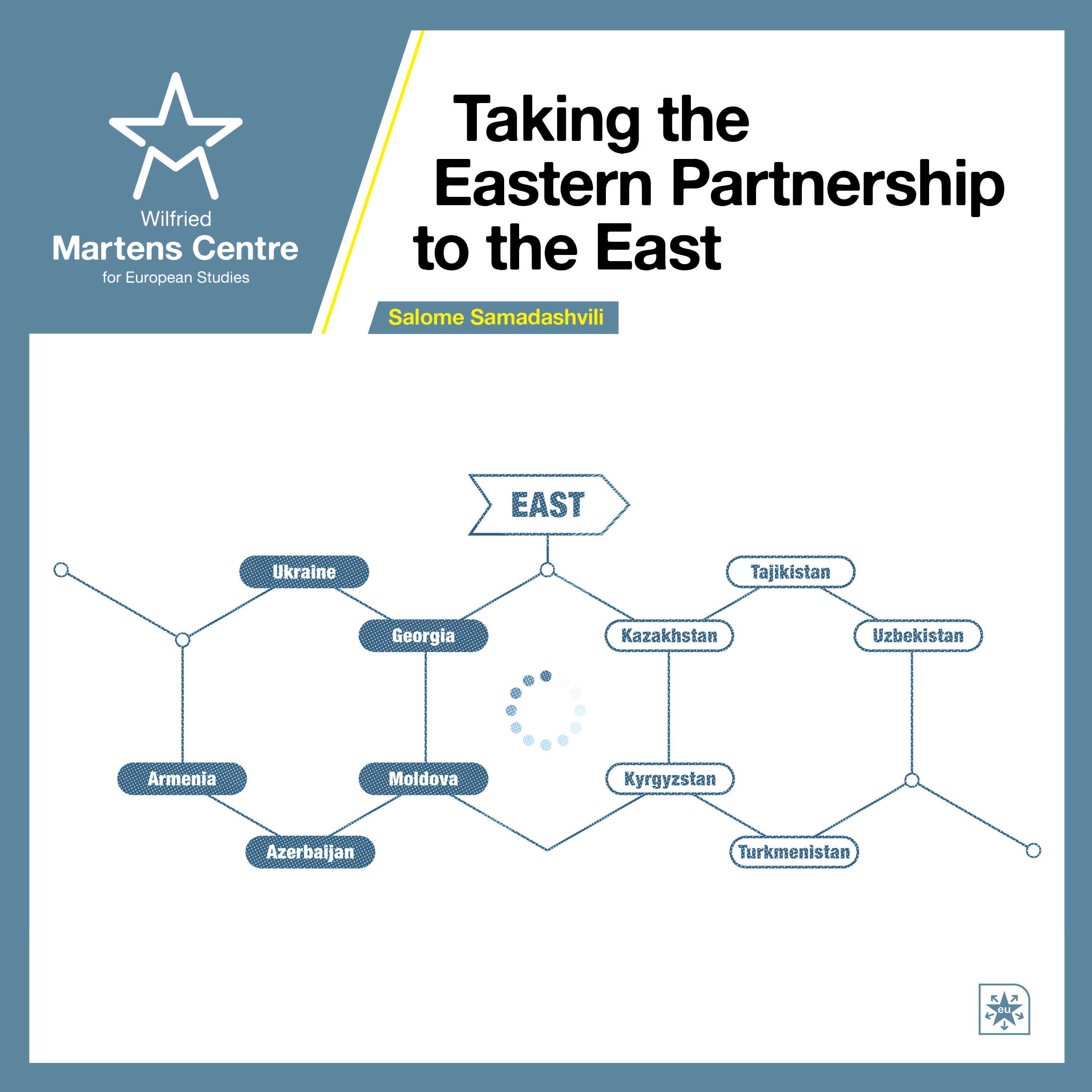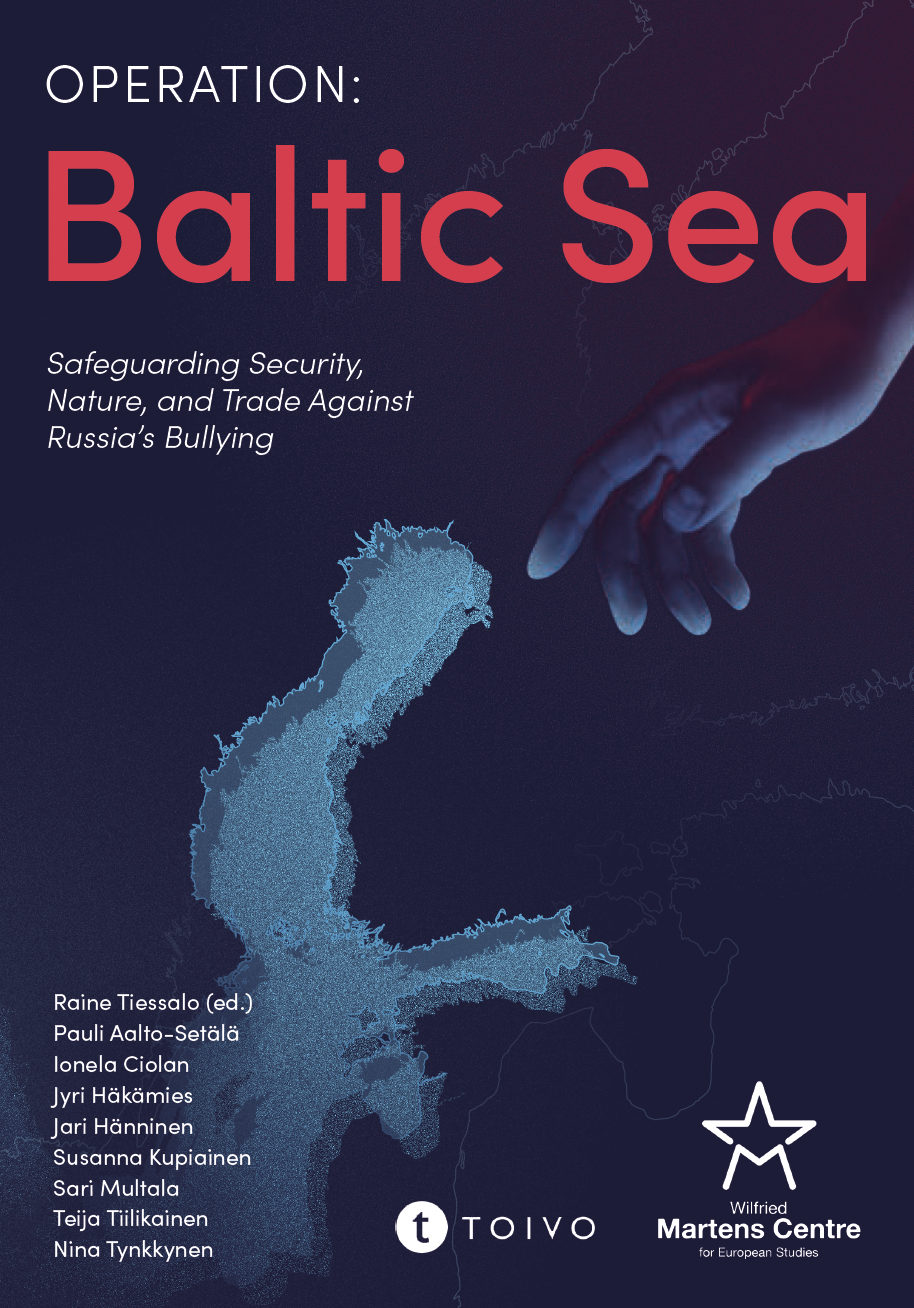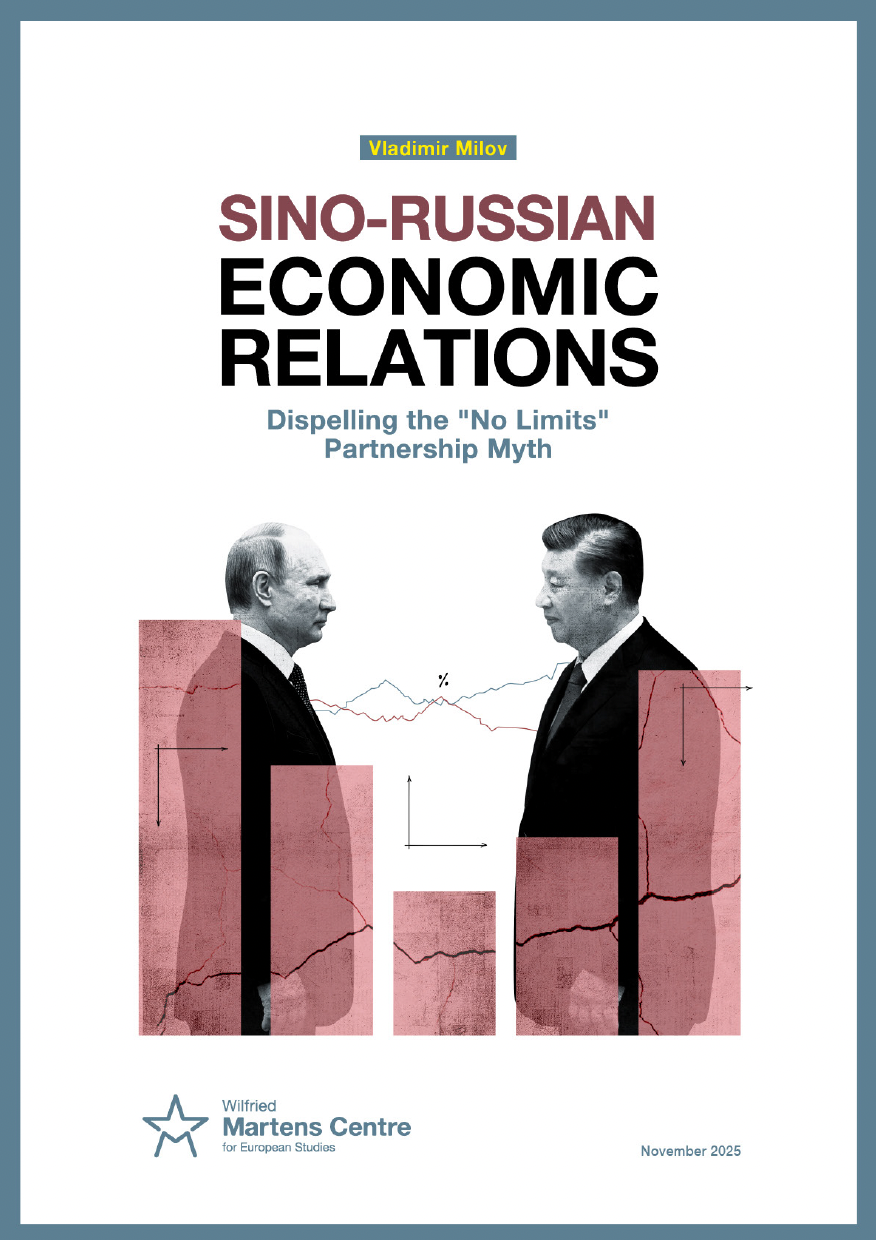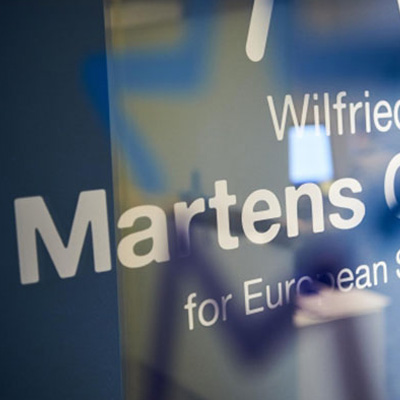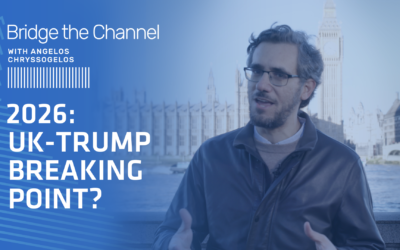The Other Russia – Europe’s Best Bet
22 March 2021
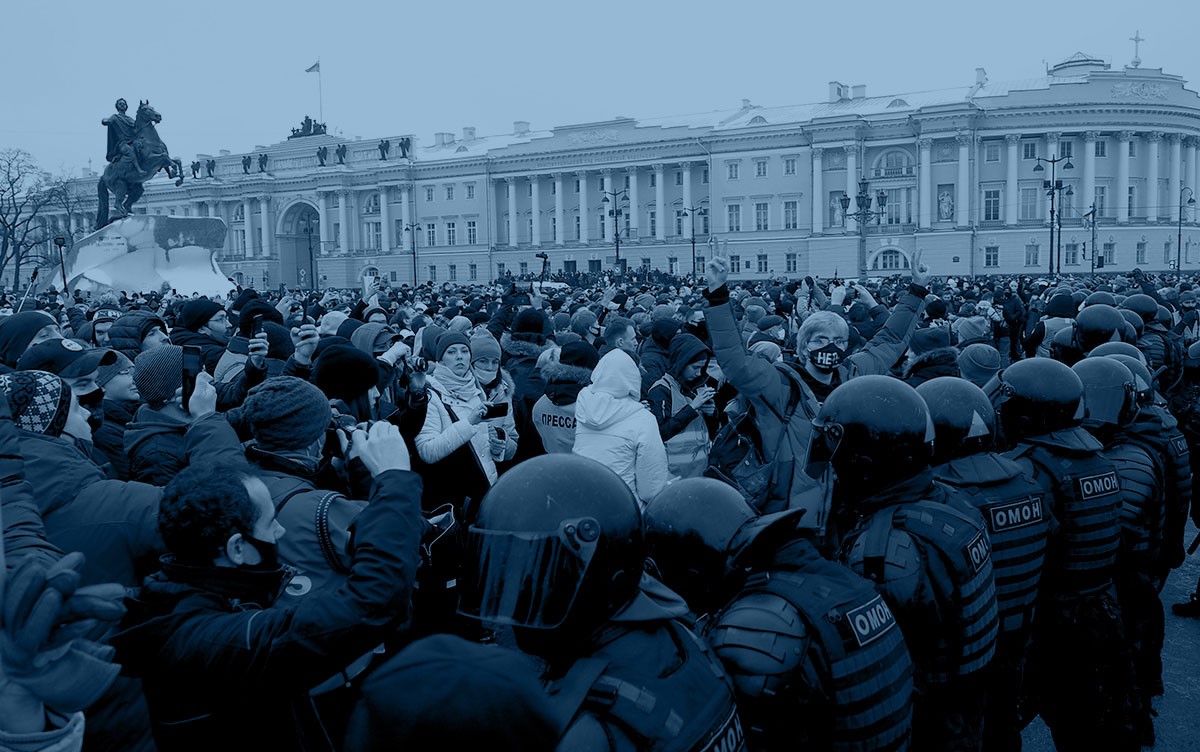
The EU needs to rethink its Russia policy. Instead of chasing after Vladimir Putin’s confrontational regime, European leaders, who are meeting on 25 March, should throw their support behind those who work for social change and promote democracy in Russia.
Europeans must rid themselves of any expectations or hope for constructive engagement with Putin. The Russian leader’s famous social contract—co-opting citizens into accepting authoritarian rule in exchange for economic security, social stability, and Crimea —is bankrupt.
After unprecedented state violence against nationwide protests in January, the regime has embarked on what activists call a “new era of repression.” The picture of a masked riot police officer sitting under a portrait of Vladimir Putin has become a symbol of the confrontation between the state and the people. Russian philosopher Oksana Timofeeva speaks of a “declaration of terror” against society.
But Putin does not represent Russia as a whole. Young, energetic Russians have emerged, working towards a freer, more open society. Local protests have been flaring up all over the country, with citizens rallying against unpaid wages, toxic industrial plants, unwanted landfills, and corrupt officials. Well-documented protests in support of jailed opposition leader Alexey Navalny are the first to show that support can be mobilised on a nationwide scale.
And it’s not only protests. Russian civil society is more active, resilient, and dynamic than EU policymakers recognise. After ten years of repression, it is more creative and diverse than ever. Many groups reach larger audiences, fundraise successfully, and experiment with new business models. Independent online media have joined civic activism, uncovering corruption, reporting on abuses and informing citizens on their rights. Professional groups (journalists, doctors, and scientists) are coming out in solidarity with repressed colleagues. Volunteerism and philanthropy are on the rise.
For the Putin regime, this active civil society is an enemy. In addition to authorising police violence, the regime has pushed some 100 new laws through the Duma since December that attempt to strangle NGOs, civil rights, protests, education, media, and the Internet. Civic experts speak of the beginning of “quasi-totalitarian control of all citizens and international contacts.”
The 2012 “foreign agent” law, which affected only registered NGOs, has been expanded to target individual citizens or unregistered initiatives receiving international funds. It imposes penalties of up to five years in prison for those who fail to register and report on activities. Pressure is rising on the media, who have their own “foreign agent media” register, while new criminal defamation laws make it an offence to criticise groups like the police or security forces. Despite protests from scientists and academics, new laws aim at cutting the educational sector from international cooperation.
At their March summit, European leaders must confront this repressive Russia. “It’s a tsunami,” a veteran Russian civil society representative said recently, calling for more attention and support from Western policymakers.
Beyond imposing further sanctions against Russian officials, it’s time for Europe to actively engage with the “other Russia”. Individuals and groups working for social change and development in Russia are Europe’s best partners. Many of them support Western values and are keen to cooperate with EU partners, share know-how, and connect to cross-border networks, despite laws aimed at stopping them.
Instead of illusions of partnership with Putin and his officials, European policymakers should side with Russians who want their country “to be democratic, modern, dynamically developing, and free from a personalist Putin regime”, a petition signed by Russian supporters abroad states.
EU leaders must finally develop an attractive agenda for its ‘fifth principle’ guiding relations with Russia. This action plan must go far beyond aiding registered NGOs, to address the broad eco-system of activists engaged on the problems Russia’s regime has failed to address: ecology, corruption, domestic violence, torture, HIV/AIDS, election monitoring, migration, and prison reform.
The annual 11 million euros earmarked by the EU for Russian civil society support need to be increased, given the country’s size and its 145 million citizens. To reach new, informal groups, active in remote regions of Russia, the EU needs to develop smaller, more flexible funding instruments. Activists, students, scientists, and artists should be put at the head of the EU visa queue. An EU coordinator for civil society relations with Russia needs to be appointed.
For the Putin regime, the EU is an adversary. Europe’s best chance to support a better future for Russia is to connect to the country’s civic activists and wider Russian society.
ENJOYING THIS CONTENT?



